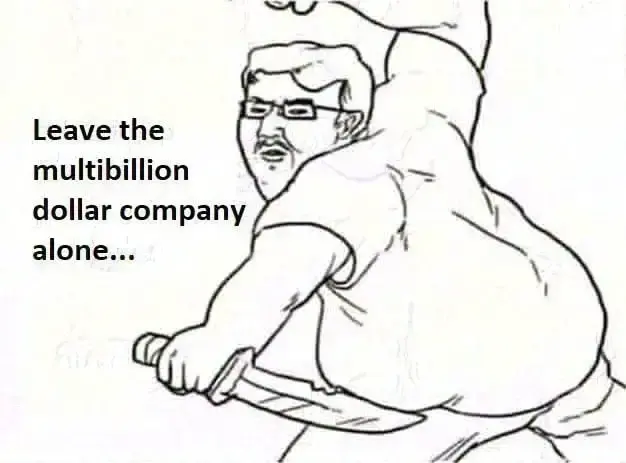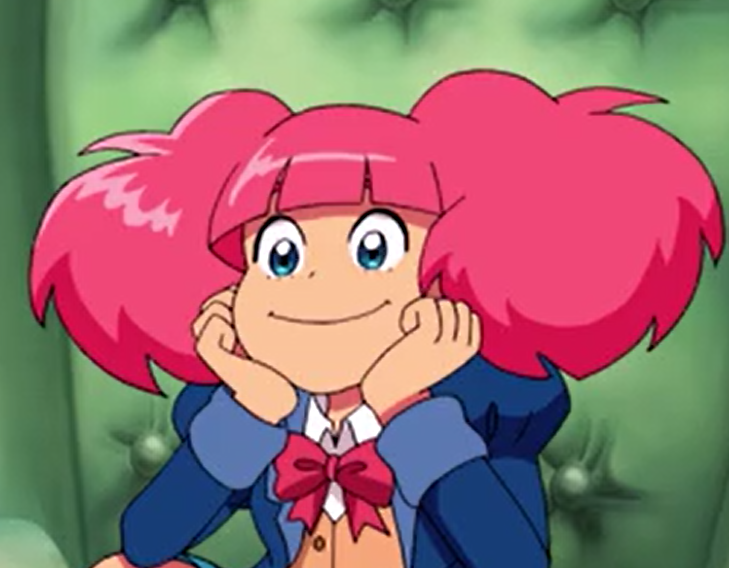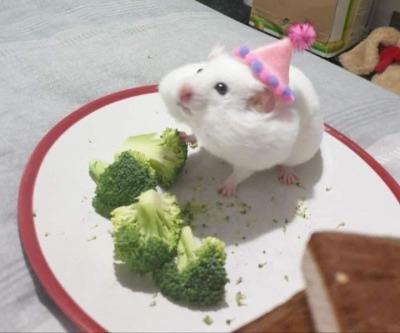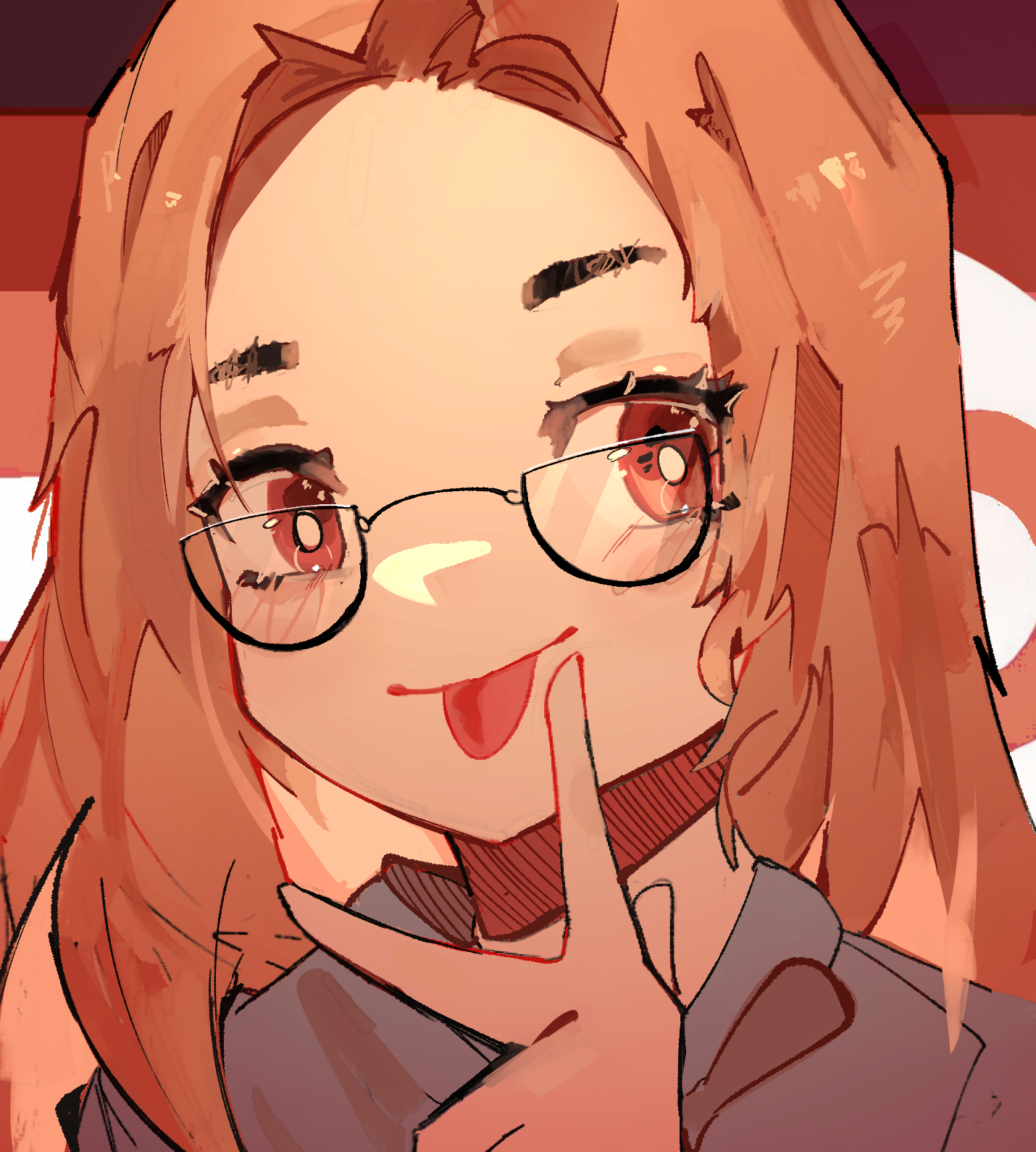A bipartisan group of senators introduced a new bill to make it easier to authenticate and detect artificial intelligence-generated content and protect journalists and artists from having their work gobbled up by AI models without their permission.
The Content Origin Protection and Integrity from Edited and Deepfaked Media Act (COPIED Act) would direct the National Institute of Standards and Technology (NIST) to create standards and guidelines that help prove the origin of content and detect synthetic content, like through watermarking. It also directs the agency to create security measures to prevent tampering and requires AI tools for creative or journalistic content to let users attach information about their origin and prohibit that information from being removed. Under the bill, such content also could not be used to train AI models.
Content owners, including broadcasters, artists, and newspapers, could sue companies they believe used their materials without permission or tampered with authentication markers. State attorneys general and the Federal Trade Commission could also enforce the bill, which its backers say prohibits anyone from “removing, disabling, or tampering with content provenance information” outside of an exception for some security research purposes.
(A copy of the bill is in he article, here is the important part imo:
Prohibits the use of “covered content” (digital representations of copyrighted works) with content provenance to either train an AI- /algorithm-based system or create synthetic content without the express, informed consent and adherence to the terms of use of such content, including compensation)
Doesn’t this infringe on fair use? e.g. if i’m making a parody of something and I mimic the original even by using a portion of the original’s text word for word.
Everyone is so obsessed with having a monopoly over everything, it’s not what is best for 8 billion people.
This sounds like a way to get media companies and tech companies to fight.
Unfortunately I expect that they will both somehow win and individuals will be worse off. This is the U-S-A god damn it.
There will be no fight. Some fat stacks of cheddar will change hands and this will fail at the voting stage.
This is a brutally dystopian law. Forget the AI angle and turn on your brain.
Any information will get a label saying who owns it and what can be done with it. Tampering with these labels becomes a crime. This is the infrastructure for the complete control of the flow of all information.
It’s like applying DRM law to all media ever. And we know the problems with DRM already, as exemplified 2 decades ago by Cory Doctorow in his talk at Microsoft to convince them not to endorse and use it.
Exactly, this isn’t about any sort of AI, this is the old playbook of trying to digitally track images, just with the current label slapped on. Regardless of your opinion on AI, this is a terrible way to solve this.
As if a law could prevent anything of that. They simply demand “Pigs Must Fly”, and don’t waste a thought on how utterly unrealistic this is.
As if a law could prevent anything of that.
Generating legal liability goes a long way towards curbing how businesses behave, particularly when they can be picked on by rival mega-firms.
But because we’ve made class action lawsuits increasingly difficult, particularly after Comcast Corp. v. Behrend, the idea that individual claimants can effectively prosecute a case against an interstate or international entity is increasingly farcical. You’re either going to need big state agencies (the EU seems increasingly invested in cracking down on American tech companies for anti-competitive practices) or rivalrous business interests (MPAA/RIAA going after Big Tech backed AI firms) to leverage this kind of liability. It’s still going to be open season on everyone using DeviantArt or Pinterest or whatever.
This is essentially regulatory capture. The article is very lax on calling it what it is.
A few things to consider:
-
Laws can’t be applied retroactively, this would essentially close the door behind Openai, Google and Microsoft. Openai with sora in conjunction with the big Hollywood companies will be the only ones able to do proper video generation.
-
Individuals will not be getting paid, databrokers will.
-
They can easily pay pennies to a third world artist to build them a dataset copying a style. Styles are not copyrightable.
-
The open source scene is completely dead in the water and so is fine tuning for individuals.
Edit: This isn’t entirely true, there is more leeway for non commercial models, see comments below.
-
AI isn’t going away, all this does is force us and the economy into a subscription model.
-
Companies like Disney, Getty and Adobe reap everything.
In a perfect world, this bill would be aiming to make all models copyleft instead but sadly, no one is lobbying for that in Washington and money talks.
-
There’s absolutely no way to enforce this.
Why do these acts always have such stupid acronyms
I posted this in a thread, but Im gonna make it a parent comment for those who support this bill.
Consider youtube poop, Im serious. Every clip in them is sourced from preexisting audio and video, and mixed or distorted in a comedic format. You could make an AI to make youtube poops using those same clips and other “poops” as training data. What it outputs might be of lower quality (less funny), but in a technical sense it would be made in an identical fashion. And, to the chagrin of Disney, Nintendo, and Viacom, these are considered legally distinct entities; because I dont watch Frying Nemo in place of Finding Nemo. So why would it be any different when an AI makes it?
My best guess would be intent, which I think is an important component of fair use. The intent of youtube poop creators could be considered parody and while someone could use AI to create parody, the intent of creating the AI model itself is not parody (at least not for these massive AI models that most people use).
Transformation is in itself fair use is the thing. Ytp doesnt need to be parody or critique or anything else, because its fundamentally no longer the same product as whatever the source was as a direct result of editing
Still, the AI model itself is not transformative, it is merely incorporating that data into its training set.
But what it outputs IS transformative, which- of course- is the e primary use
If I include an image of mickey mouse (ripped straight from disney) in my application in a proprietary compression format, then the application decompresses that image and changes the hue (or whatever other kind of modification), then these are technically “transformations” but they’re not transformative.
The law being violated there is trademark, not copyright
No it isn’t. The image of mickey mouse was literally copied (hence copyright, literally right to copy). Regardless, that’s still IP law being violated so I don’t know how that helps your case.
I see this argument a lot as a defense for AI art and I see a couple major flaws in this line of thinking.
First, it’s treating the AI art as somehow the same as a dirivitive (or parody) work made by an actual person. These two things are not the same and should not be argued like they are.
AI art isn’t just dirivitive. It’s a Frankenstein’s Monster of a bunch of different pieces of art stitched together in a procedural way that doesn’t credit and in fact obfuscates the original works. This is problematic at best and flat out dishonest thievery at worst. Whereas a work made by a person that is dirivitive or parody has actual work and thought put into it by an actual person. And would typically at least credit the original works being riffed on. This involves actual creative thought and human touch. Even if it is dirivitive it’s unique in some way simply by virtue of being made by a person.
AI art cannot and will not ever be unique, at least not when used to just create a work wholesale. Because it’s not being creative. It’s calculating and nothing more. (at least if we’re talking about current tachnology. A possible future General AI could flout this argument. But that would get into an AI personhood conversation not really relevant to our current machine learning tech).
Secondly, no one is worried that some hypothetical shitty AI video is going to somehow usurp the work that it’s stealing from. What people are worried about is that AI art is going to be used in place of hiring actual artists for bigger projects. And the fact that this AI art exists solely because it’s scraped the internet of art from those same artists now losing their livelihoods makes the tech incredibly fucked up.
Now don’t get me wrong though. I do believe machine learning has its place in society. And we’ve already been using it for a long time to help with large tasks that would be incredibly difficult if not impossible for people to do on their own in a bunch of different industries. Things like medicine research in the pharmaceutical sector and fraud monitoring in the banking sector come to mind.
Also, there is an argument to be had that machine learning algorithms could be used as tools in creating art. I don’t really have a problem with those use cases. Things that come to mind are a bunch of different tools that exist in music production right now that in my opinion help in allowing artists to fulfill their vision. Watch some There I Ruined It videos on YouTube to see what I mean. Yeah that guy is using AI to make himself sound like other musicians. But that guy also had to be a really solid singer and impressionist in the first place for those songs to be any good at all.
This is problematic at best and flat out dishonest thievery at worst.
You could say that about literally all art - no artist can name and attribute every single influence that played even the smallest effect on the work created. Say I commissioned an image of an anime man in a french maid uniform in a 4 panel pop art style. In creating it at some level you are going to draw on every anime image you’ve seen, every picture of a french maid uniform, every 4 panel pop art image and create something that’s a synthesis of all those things. You can’t name and attribute every single example of all of those things you have ever seen, as well as anything else that might have influenced you.
Whereas a work made by a person that is dirivitive or parody has actual work and thought put into it by an actual person.
…and this is the crux of it - it’s not anything related to the actual content of the image, it’s simple protectionism for a class of worker. Basically creatives are seeing the possibility of some of their jobs being automated away and are freaking out because losing jobs to automation is something that’s only supposed to effect manufacturing workers.
Even if it is dirivitive it’s unique in some way simply by virtue of being made by a person.
Again, the argument is it’s nothing to do with the actual result, but with it being done by an actual human as opposed to a mere machine. A pixel for pixel identical image create by a human would be “art” by virtue of it being a human that put each pixel there?
You could say that about literally all art
Except I couldn’t. Because a person being influenced by an artwork and then either intentionally or subconsciously reinterpreting that artwork into a new work of art is a fundamentally different thing from a power hungry machine learning algorithm digesting the near entirety of modern humanity’s art output to churn out an image manufactured to best satisfy some random person’s text prompt.
They’re just not the same thing at all.
The whole purpose of art is to be an outlet for expressing ourselves as human beings. It exists out of this need for expression; part of what makes a work worth appreciating is the human person(s) behind that said work and the effort and skill they put into making it.
…and this is the crux of it - it’s not anything related to the actual content of the image, it’s simple protectionism for a class of worker. Basically creatives are seeing the possibility of some of their jobs being automated away and are freaking out because losing jobs to automation is something that’s only supposed to effect manufacturing workers.
Yes it has nothing to do with the content of the image. I never claimed otherwise. In fact AI art sometimes being indistinguishable from human made art is part of the problem. But we’re not just talking about automating someone’s job. We’re talking about automating someone’s passion. Automating someone’s dream career. In an ideal world we’d automate all the shitty jobs and pay everyone to play guitar, paint a portrait, write a book, or direct a film. Art being made by AI won’t just take away jobs for creatives, it’ll sap away the drive we have as humans to create. And when we create less our existence will be filled with even more bleakness than it already is.
Again, the argument is it’s nothing to do with the actual result, but with it being done by an actual human as opposed to a mere machine. A pixel for pixel identical image create by a human would be “art” by virtue of it being a human that put each pixel there?
I’m not certain I understand what you’re asking. But If the human is the one making the decision on where to put the pixel then yeah that would be fine. But at no point am I arguing about whether or not AI art is “art”. That would just be a dumb semantic argument that’d go nowhere. I’m merely discussing why I believe AI art to be unethical. And the taking away work from creatives point is only one facet as to why I do.
With all respect, your argument has a pretty obvious emotional valence. You don’t care if the result is 1:1, you care that it happened in a way that makes you uncomfortable. Art can be an outlet for self expression and no one is taking that away. What’s it to you if I enjoy asking an AI for art?
The fact of the matter is, capitalism has never been a good place for artists who want to follow their dream. If that’s something you want, then I’d suggest supporting the end of all work for money that automation provides. Then people can truly work on whatever they care about all day and not have to worry about feeding themselves.
They did it. They’re passing the worst version of the AI law. Thats the end for open source AI! If this passes, all AI will be closed source, and only from giant tech companies. Im sure they will find a way to steal your stuff “legally”.
No open source plagiarism machine :(
Dw artbros and other corporation defenders will get curbstomped by the closed-source ones instead, not only will you be out of employment, but you will be unemployable without a ChatGPT subscription, and Altman/Musk/whoever will be worth trillions as a result. But at least it won’t be “plagiarism” because the lobbyists will ensure that it’s all nice and legal.
And the worst part is you honestly deserve it for not listening to us.
Also, this is you:

Okay, then lets ban art generators, problem solved!
That’s also not rational, but at least it’s consistent so it’s an improvement.
Anyway banning them is impossible, even if one country bans it, all the other countries will still have them - the internet is the whole world, remember? And even then, LLMs would still exist too, and arguably those are far more significant.
“Why ban bad thing if bad country allows bad thing?”
People are saying the same about raising the minimum wage, implementing labor protections, etc. “Okay, advocate for fair wages, but then that minimum wage job of yours will be outsourced to China/India/Vietnam/etc.!”
GenAI isn’t a bad thing though.
I don’t like AI but I hate intellectual property. And the people that want to restrict AI don’t seem to understand the implications that has. I am ok with copying as I think copyright is a load of bullocks. But they aren’t even reproducing the content verbatim are they? They’re ‘taking inspiration’ if you will, transforming it into something completely different. Seems like fair use to me. It’s just that people hate AI, and hate the companies behind it, and don’t get me wrong, rightfully so, but that shouldn’t get us all to stop thinking critically about intellectual property laws.
Just because intellectual property laws currently can be exploited doesnt mean there is no place for it at all.
That’s an opinion you can have, but I can just as well hold mine, which is that restricting any form of copying is unnatural and harmful to society.
Do you believe noone should be able to charge money for their art?
That’s right. They can put their art up for sale, but if someone wants to take a free copy nothing should be able to stop them.
That effectively makes all art free. At best its donation based.
Yes, that would be best.
That would lead to most art being produced by people who are wealthy enough to afford to produce it for free, wouldn’t it?
What incentive would a working person have to work on becoming an artist? Its not like artists are decided at birth or something.
I’m the opposite, actually. I like generative AI. But as a creator who shares his work with the public for their (non-commercial) enjoyment, I am not okay with a billionaire industry training their models on my content without my permission, and then use those models as a money machine.
Ladies and gentlemen of the jury, before you stands 8-year-old Billy Smith. He stands accused of training on copyrighted material. We actually have live video of him looking and reading books from the library. He he trained on the contents of over 100 books this year.
We ask you to enforce the maximum penalty and send his parents to prison.
No matter how much you’d like for it to be the case, proprietary algorithms owned by big corporations are not remotely comparable to children.
proprietary algorithms owned by big corporations
tell that to civitai users lol









